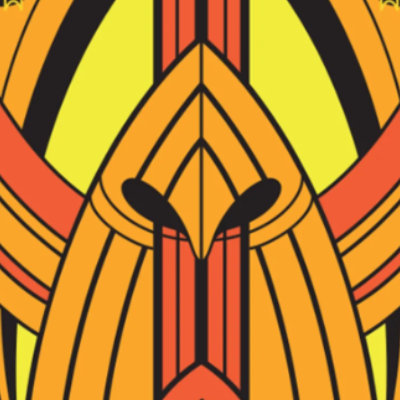I'm hoping this doesn't start a fight, I'm just curious what the political orientation is of this community. I grew up in a liberal (in the American sense) family, and I identify now as a socialist, though a lot of the liberalism I grew up in has stuck with me, like interest in LGBTQ and women's rights, environmentalism, etc. Wondering where people here land?

your questions presume the existence of money[1] and capital which can be held in private hands. by the time the state withers away, both will necessarily have been eliminated along with class distinctions. as capital is pure under the domain of the administrative apparatus and under democratic control, it cannot be used to accumulate wealth in the sense of the term as we understand it under capitalism.
can someone decide to accumulate currency? absolutely. what good does it do them? not a whit - once capital passes entirely into the public domain, the function of currency is no longer to denominate the flows of capital but rather merely to facilitate trade, as it was before capitalism, and will again be after it.
the unique part, that which has never happened before, is the social productive capacity of the whole society will lay entirely within the hands of the public at large - ie the ability to organize production without the interposition of private individuals, except where the production itself involves them materially.
[1]: money is distinguished from currency by the MCM' relation, whereby money is turned into commodities through the process of production and the sale of said commodities becomes new money - ie profit. currencies by way of contrast have existed in many forms and for many purposes - I recommend David Graeber's Debt for a survey.
1 ↩︎
Thanks for the detailed reply. I hadn't considered the difference between money and currency before. Maybe I still don't fully understand it because I still think there would be an advantage to hoarding currency in any system where others are prepared to exchange goods or labour for that currency.
Trade would surely still occur, and it would be possible to profit from said trade. That profit would enable the trader to live a more luxurious life than those who make less or no profit, because he would be able to acquire more goods and have more work done for him by spending the profit. Consumerism would happen.
Even in a post-scarciry world I think we'd still have Ferengi.
I appreciate the reading recommendations. These are some fascinating ideas to understand for sure.
think about a village that treats a particular kind of wood used in ritual ceremonies - like weddings and funerals - as a kind of currency. the person who bears that currency has a kind of ritual power but it's limited in scope. a young man who trades years of labor to acquire a single stave can burn it in order to declare his worthiness to marry a woman of the tribe. if one person simply "buys up" all of the available supply... how? it's a ritual item - they're literally not for sale in the traditional sense. that is, it's not money because it's not a commodity.
another kind of currency is IOUs issued by a particular person - they're only valuable to you if getting a favor done by that person carries some kind of significance to you. that is, they can be traded like commodities within a community but hold no value outside of it.
this is what we mean by non-monetary currencies.
I see. In that case, I think the development of money is inevitable. People will want a standardized token of value that is universally accepted. If there is no state, something like gold or bitcoin will meet that need. Something rare but commoditized and fungible will inevitably become the standard unit of account that represents value, and a free market will mean that goods and services naturally find their own price.
why? this is not how commerce was done for most of human history. to get to a single fungible token, whether it has inherent value (ie a system in which cash is rare and the system itself unstable) or it represents debt (historically more common and stable), we have to presuppose a state whereby one class exerts it's dominance over another class because both the issuance of currency and the tax must be tightly controlled. but the extant state in our hypothetical is the dictatorship of the proletariat, after class divisions have been erased.
Why does the existence of currency presuppose a state? Let alone one that involves class dominance? People can easily trade precious metals or crypto without the existence of a state, because these things don't need to be issued in order to represent value.
this is a central topic in Debt so I'm not going to rehash it here. if these topics interest you, strongly recommend you read that book.
Fair enough, thanks.
Graeber's Debt the first 5000 years does talk a bit about: